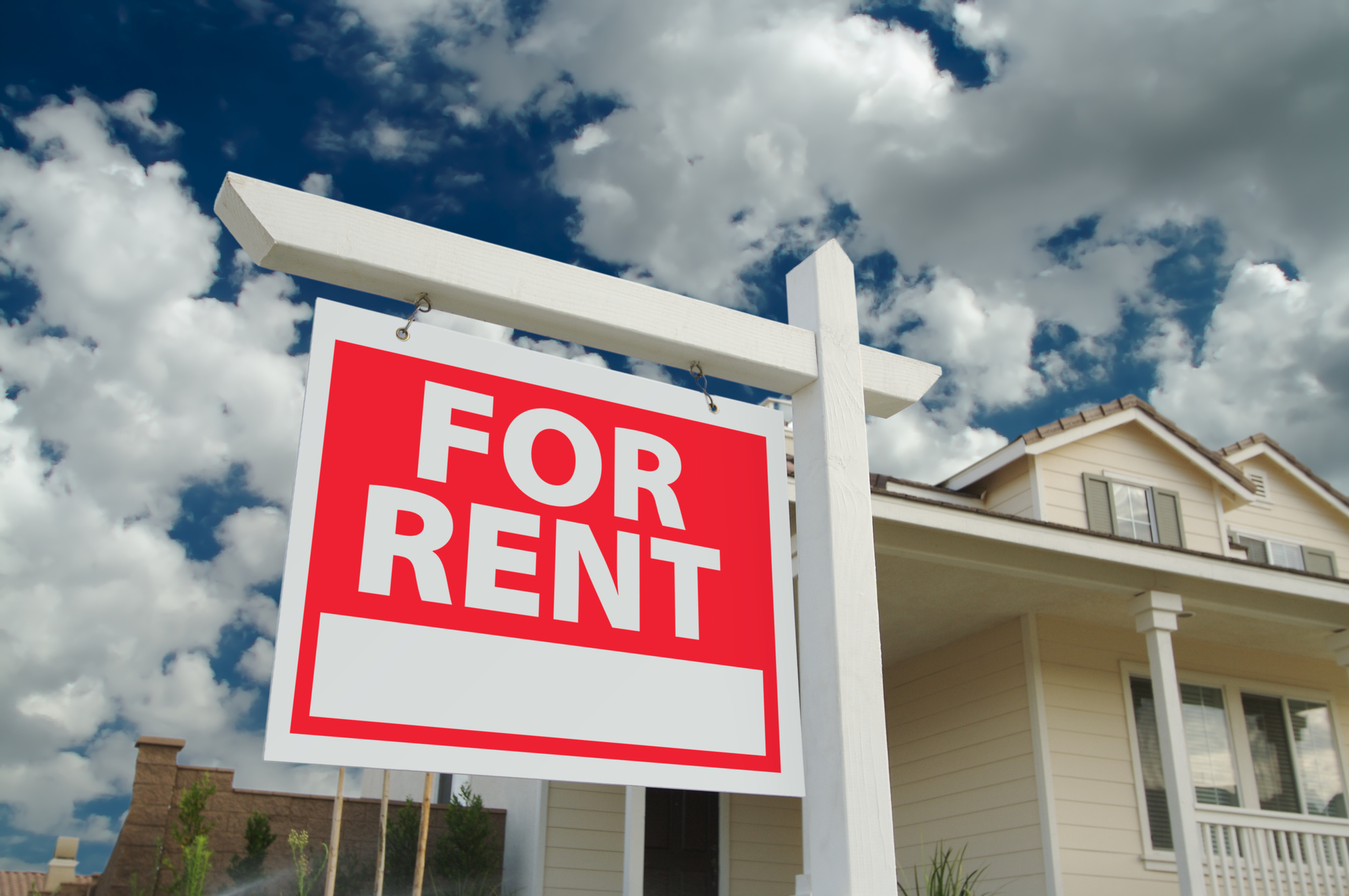One of the leading causes of disagreements between tenants and landlords pertains to their security deposit return. Many tenants believe they should receive their security deposit back in full. Alternatively, they think they have the right to the majority of their money.
In most cases, the tenant is correct. Pennsylvania state law requires the landlord to return a security deposit within 30 days of the tenant moving out. If the landlord keeps this money, they must provide the tenant with a list of damages and how much money is left.
However, sometimes the landlord can retain the safety deposit. The question is, when do you have the right to do so?
If you need this question answered but don't know where to go, you're in luck! In this guide, we'll explore some essential security deposit return facts. Let's jump right in!
How Long for a Security Deposit Return?
As we mentioned above, Pennsylvania state law requires the landlord to return a safety deposit within 30 days of the tenant's moving out. So, what happens if the security deposit is not returned within 30 days?
In these cases, the tenant has the right to request double their security deposit. As the landlord, the state will require you to comply.
However, some complicating factors could allow you to keep some or all of the safety deposit. If the tenant does not provide you with a new address, for example, you lose liability.
Otherwise, you can retain parts of a security deposit to pay for damages to the property. If you do this, you'll have to list the charges in your security deposit return letter.
When Do You Not Need to Return a Security Deposit?
If the tenant follows your rent agreement and leaves when the lease is up, you must repay the deposit. However, other conditions could allow you to retain the deposit.
For example, if the tenant breaks their lease, you can keep all or part of the deposit to cover any associated costs. How much of the lease you retain depends on the wording of your lease and Pennsylvania law. However, if you include an early termination clause, the tenant must adhere to it.
Likewise, if the tenant doesn't pay their rent, you can keep as much of the security deposit as necessary to cover the rent. The same holds for unpaid utilities.
Since renters typically bear responsibility for paying utility bills, tenants will owe you for any uncovered bills. As such, most states allow you to keep as much of the security deposit as necessary to make up the bills.
Get Help Managing Security Deposit Refund
If you own several properties, or if you're just starting out as a landlord, keeping up with your security deposit return can be tricky. Instead, consider hiring a property management service.
These services serve as mediators between the landlord and the tenant. They offer tenants a way to pay rent online as well as resources for owners.
If you own property in Pennsylvania, consider hiring our property management services! We can help you keep track of your tenants' needs and manage your affairs. Contact us today to learn more!













